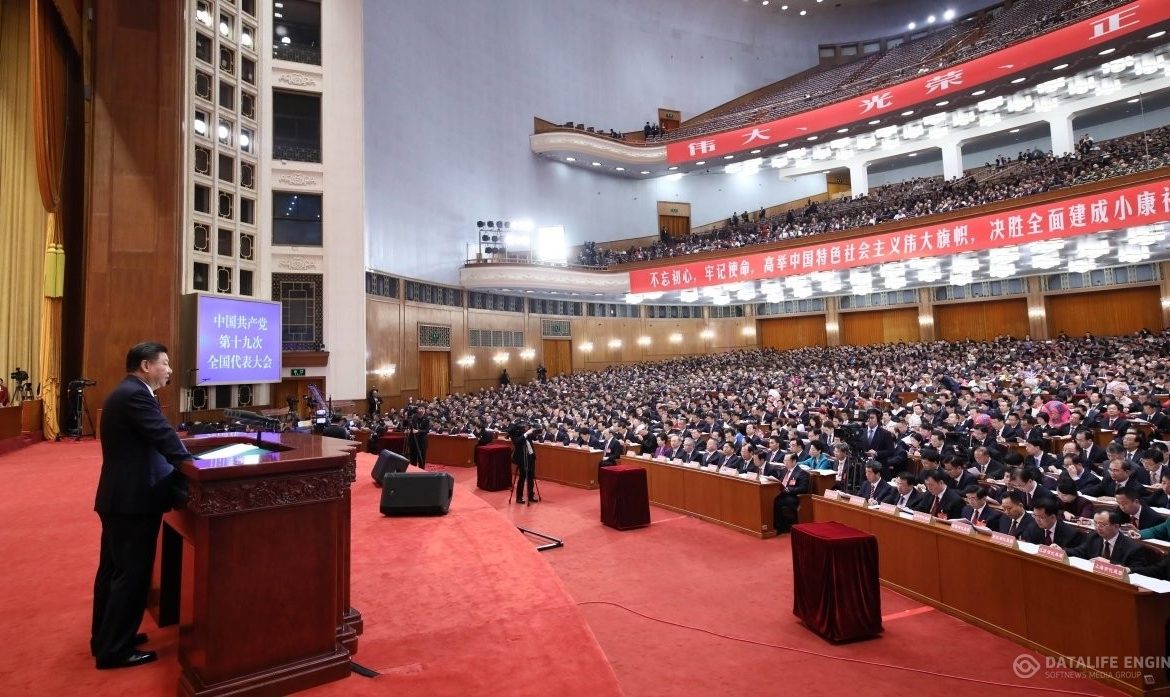This material belongs to: South China Morning Post.
National Supervisory Commission ranks higher than Supreme People’s Court and top prosecutors’ office.
Management teams in village governments, research institutes, public hospitals and schools will all come under the scrutiny of China’s new anti-corruption agency, it was revealed on Tuesday.
A day after the creation of the National Supervisory Commission, details of its operation were released for discussion by lawmakers at the annual meeting of the National People’s Congress.
According to the draft, the new agency, ranked alongside the central government and above the judiciary, will watch for misconduct not only among the Communist Party’s 90 million members but also among managers of state-owned enterprises, hospitals, educational and cultural institutions, sports organisations and even village governments and research institutes.
The new agency will replace the party’s feared Central Commission for Discipline and Inspection (CCDI), with its powers expanded but also more clearly defined.
There had been speculation that doctors and teachers would also be subject to supervision by the new anti-graft commission. But the document released on Tuesday specifies that only their managers are included.
The law empowers the powerful new agency to question, interrogate, freeze assets, detain and search premises during its investigations.
As well as removing the term limit on China’s presidency in a constitutional amendments bill passed on Sunday, the legislature also added a clause establishing the National Supervisory Commission to the constitution. The commission is ranked higher than the Supreme People’s Court and the top prosecutors’ office.
The CCDI, the party’s top anti-corruption body, can question and detain party members without charge. The new commission institutionalises the extension of that power to cover all public servants and village government executives listed in its scope.
The draft will be put to a vote on March 20, the last day of NPC meeting.
Earlier Xiao Pei, a deputy secretary of the CCDI, said the move would boost the legitimacy of President Xi Jinping’s anti-corruption campaign.
“It will definitely give anti-graft work a legal and standardised basis,” he told Xinhua on Saturday. “It will also add to people’s confidence and trust in the party, and consolidate the foundation of the party’s rule.”
 info@anticorr.media
info@anticorr.media

